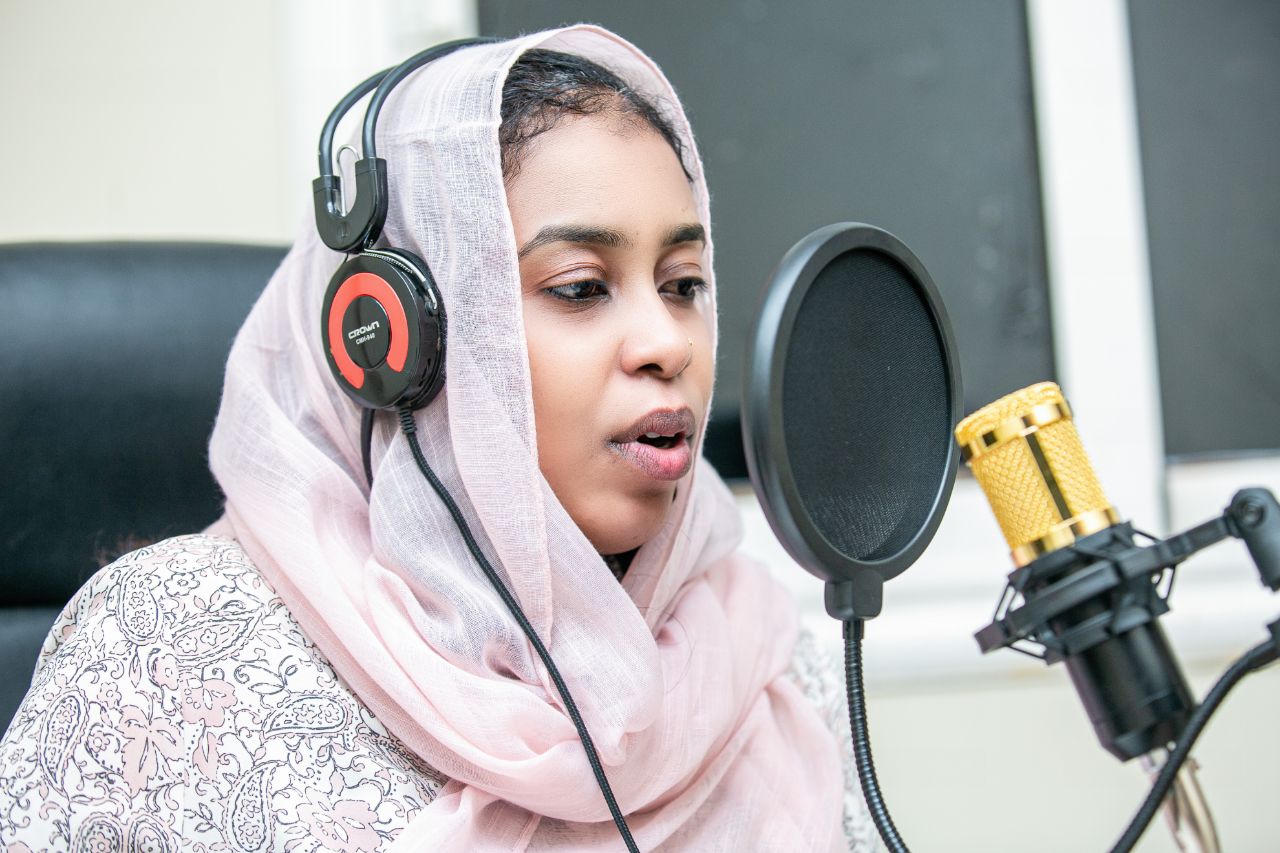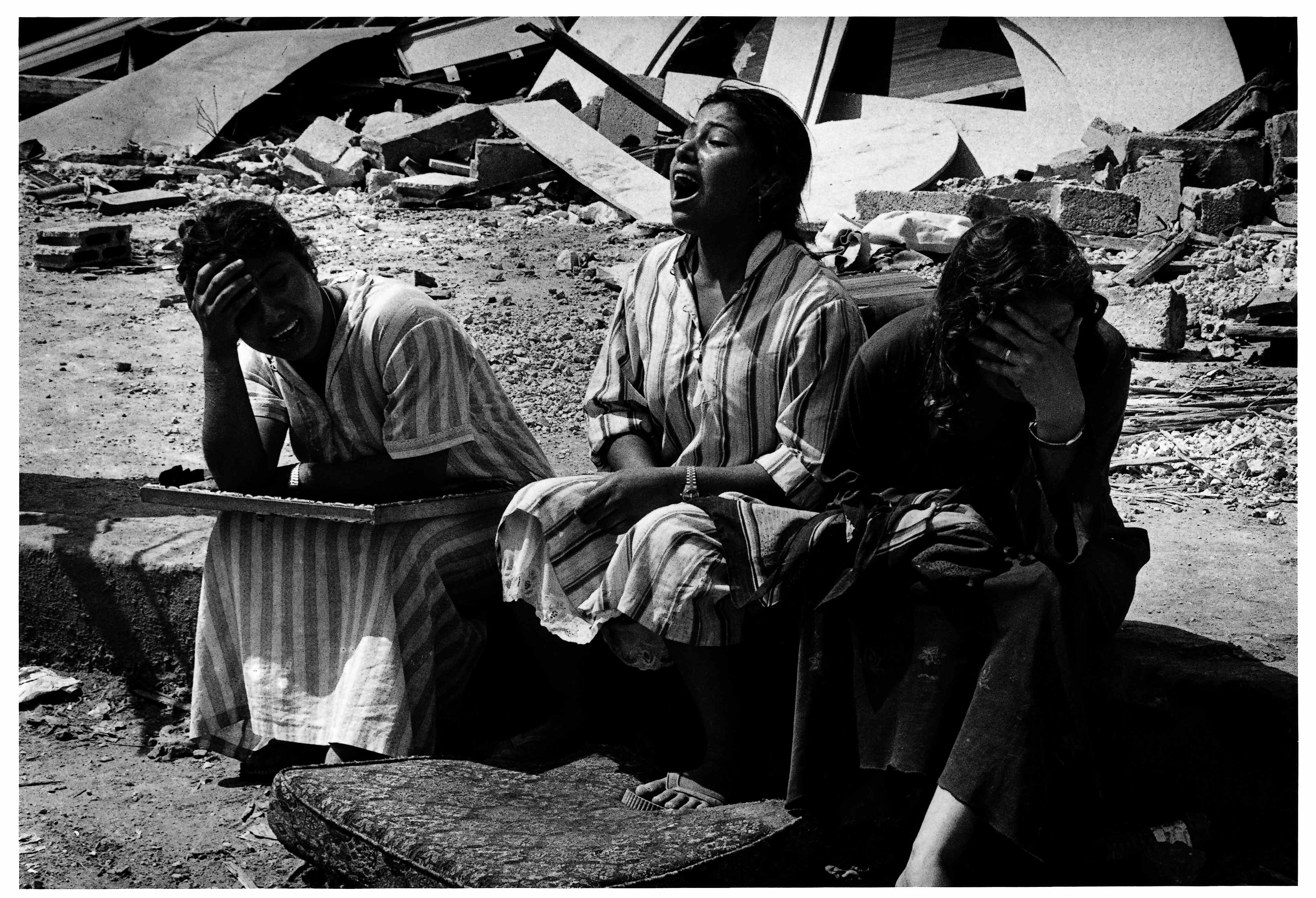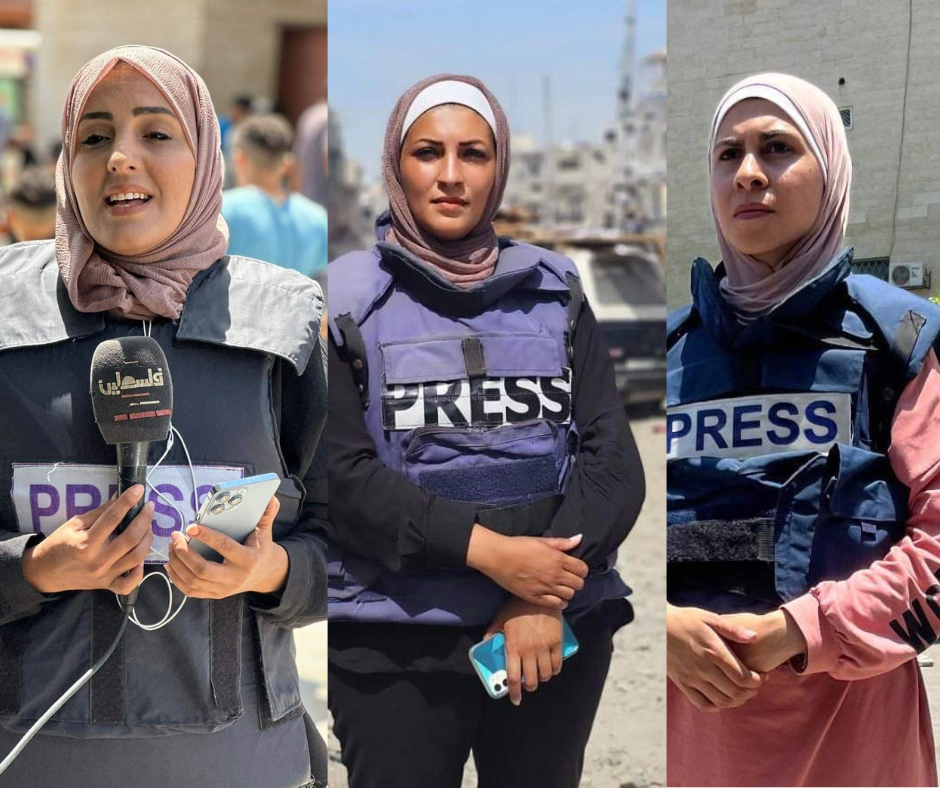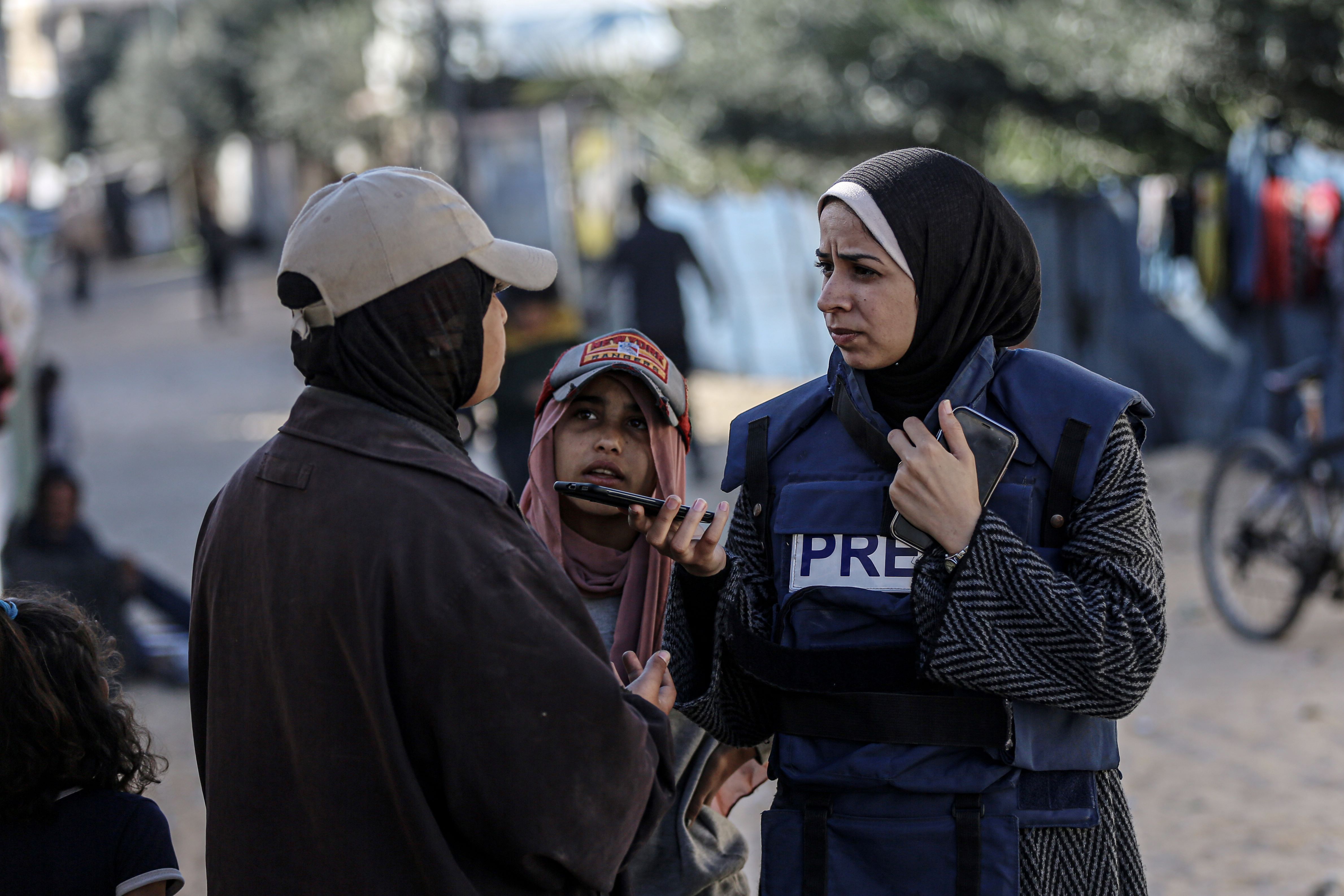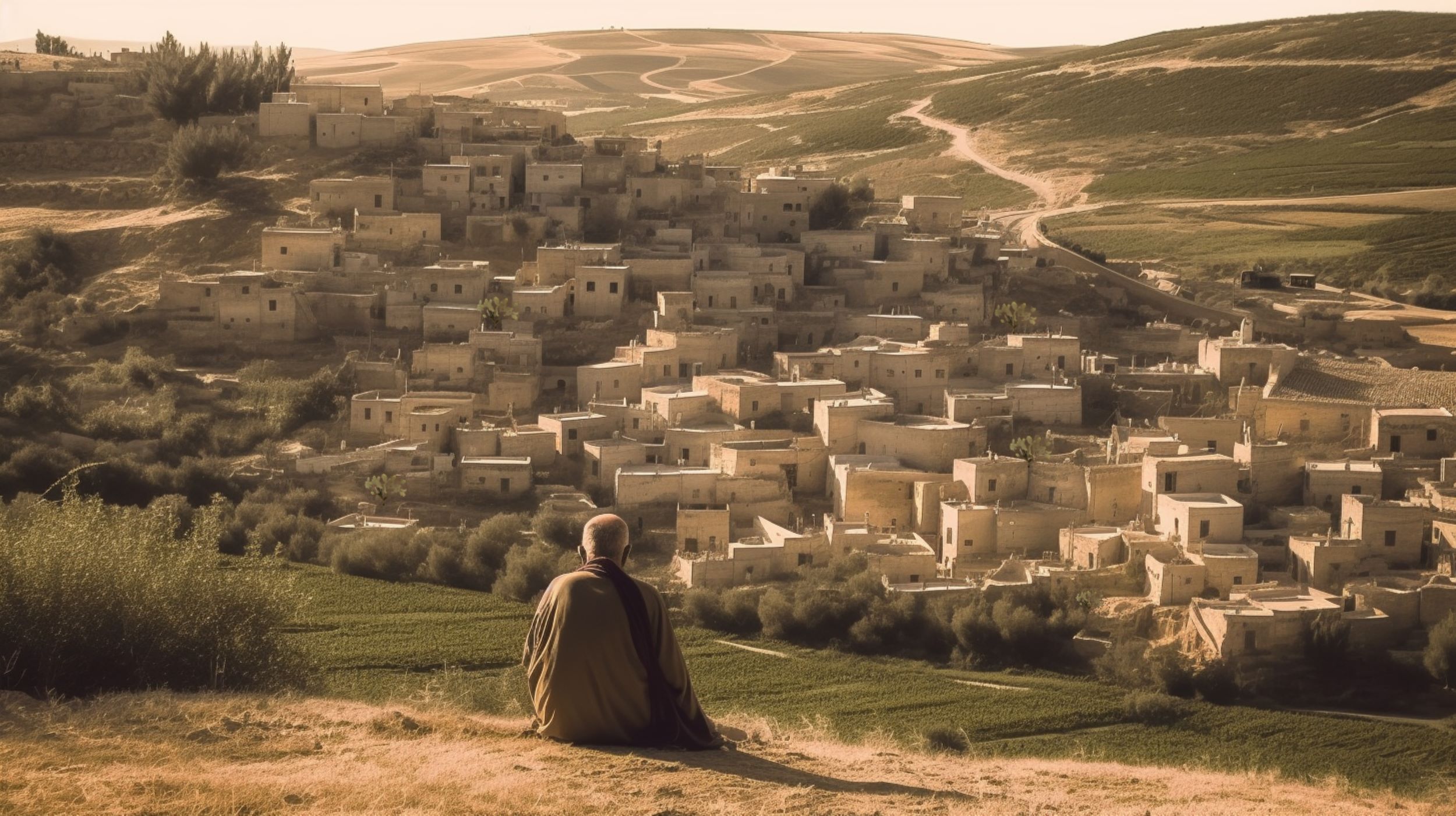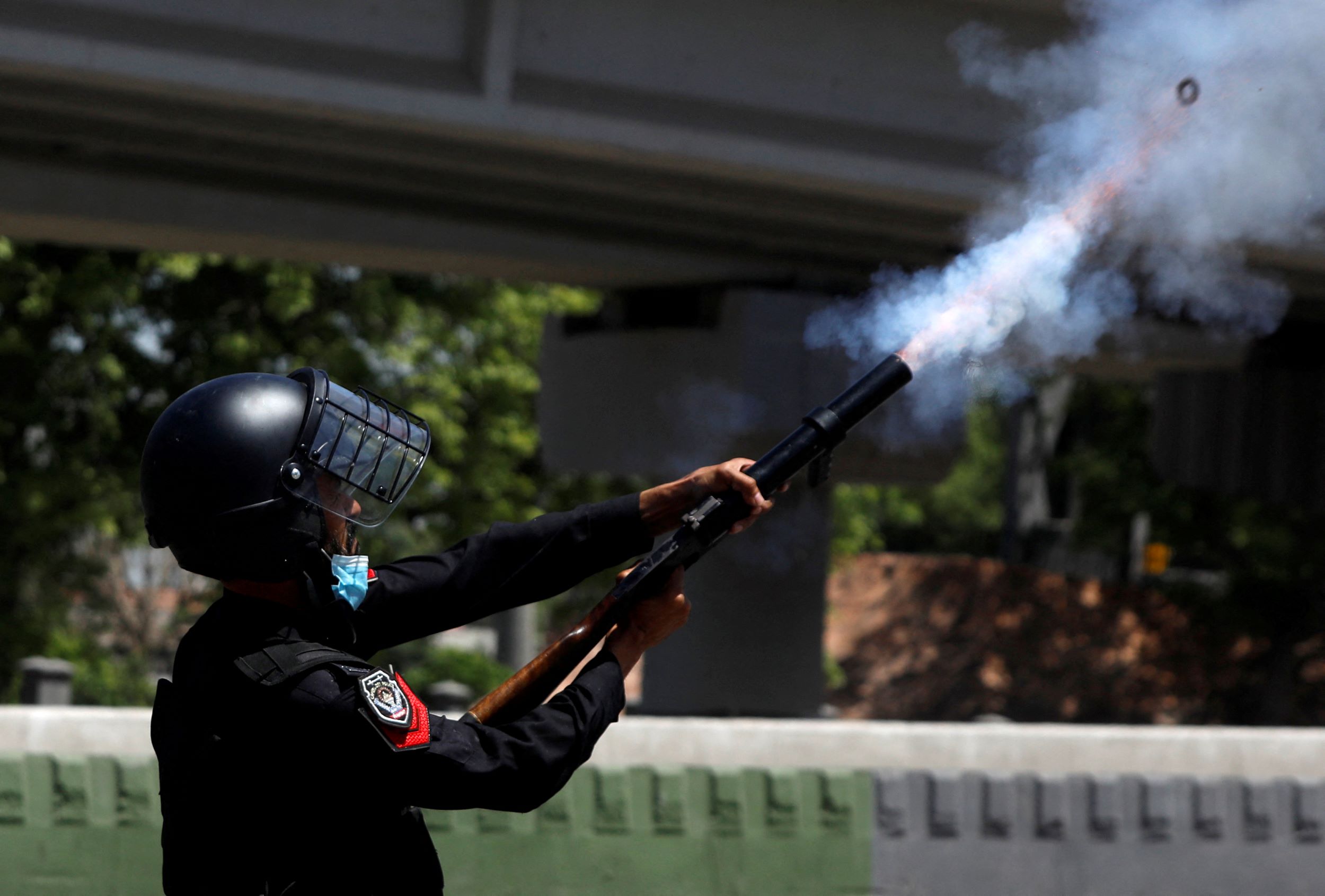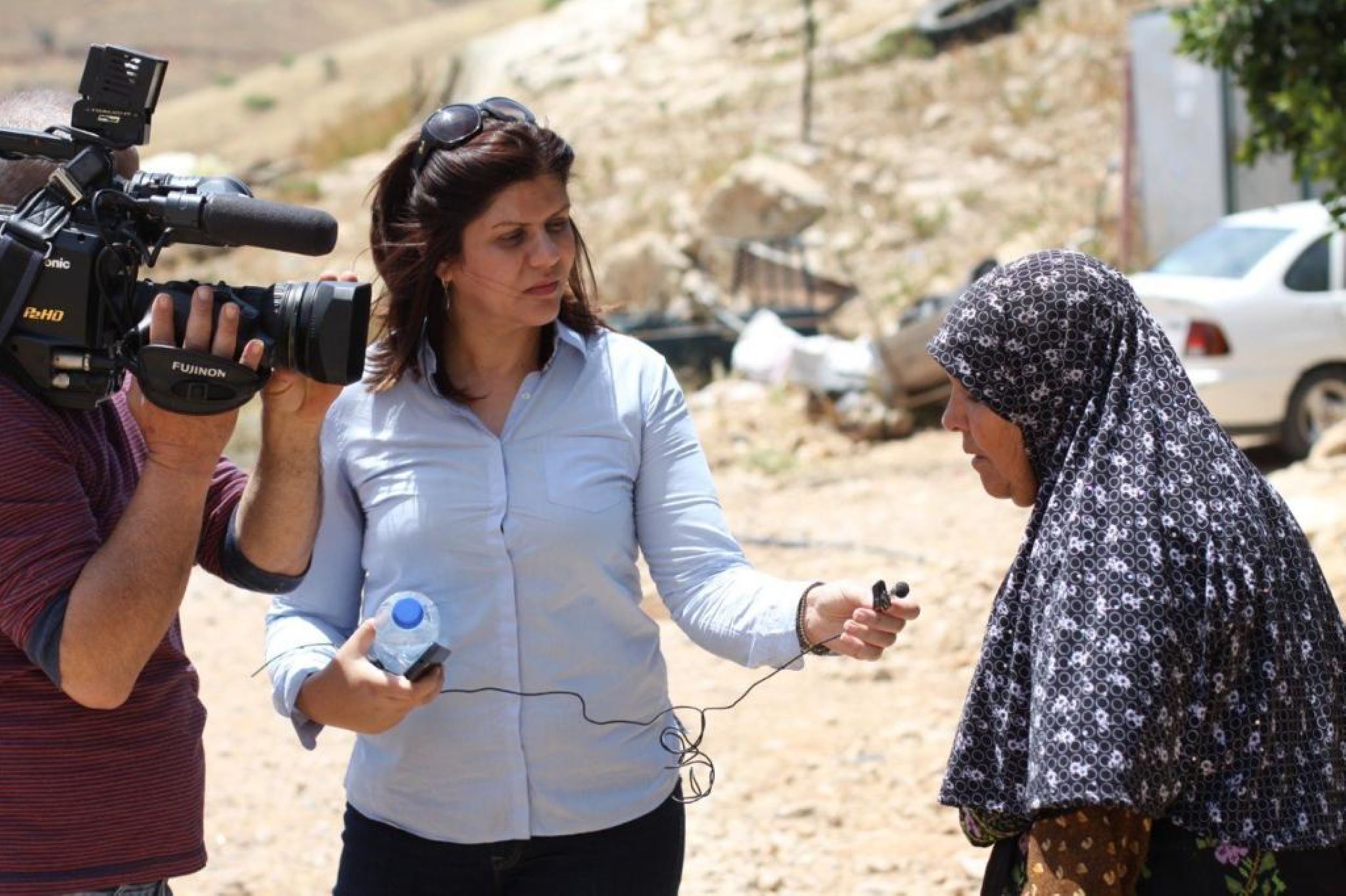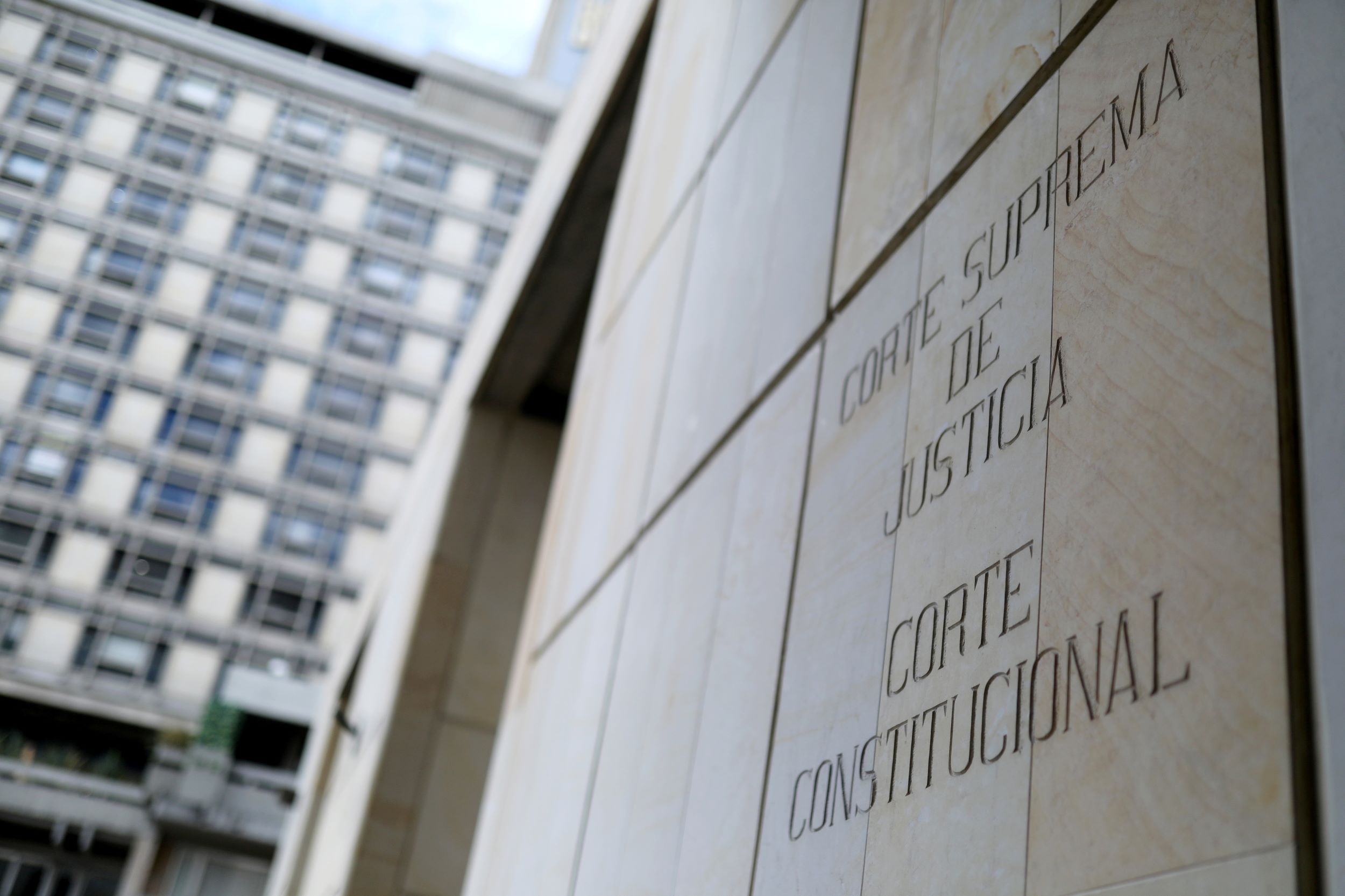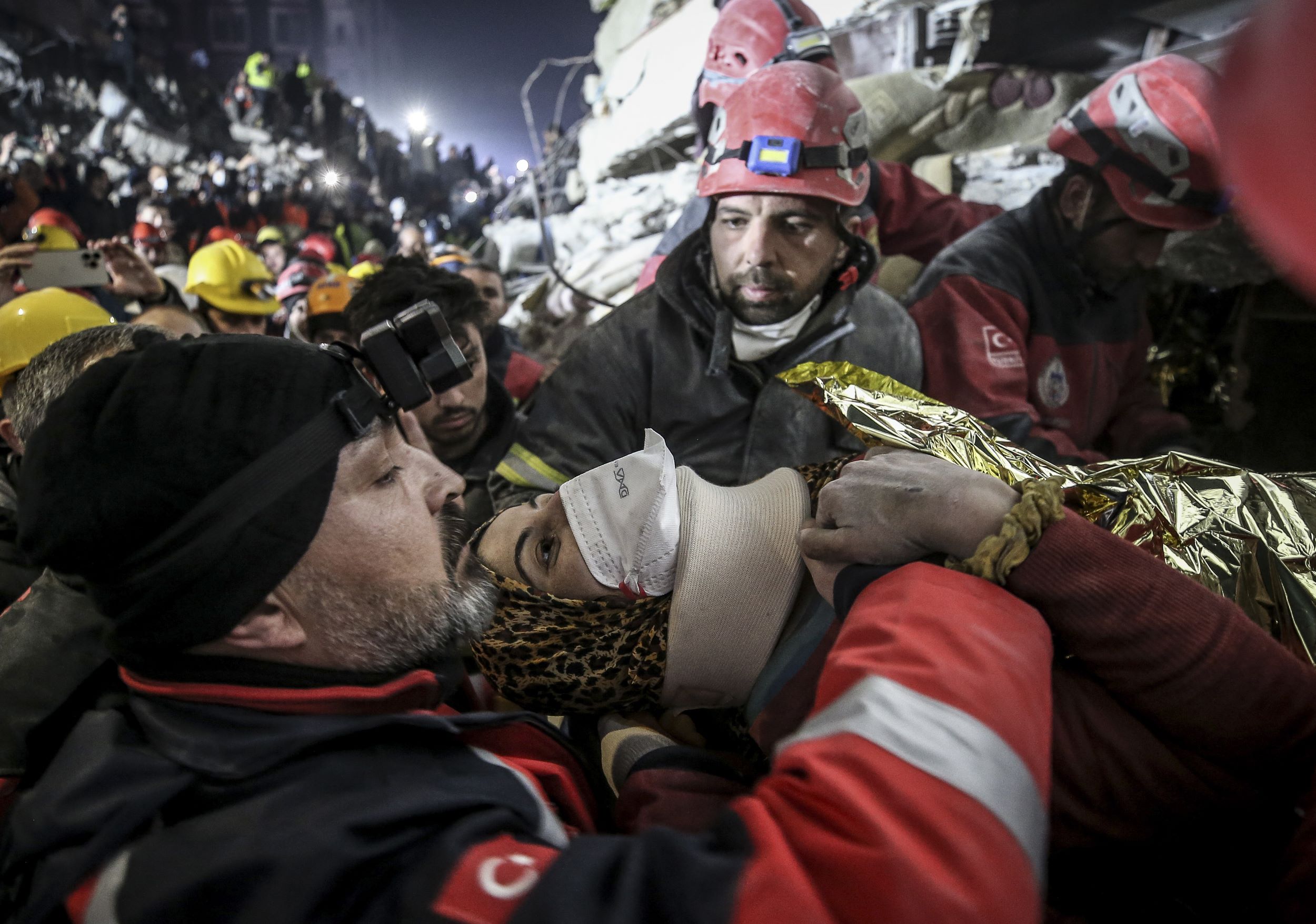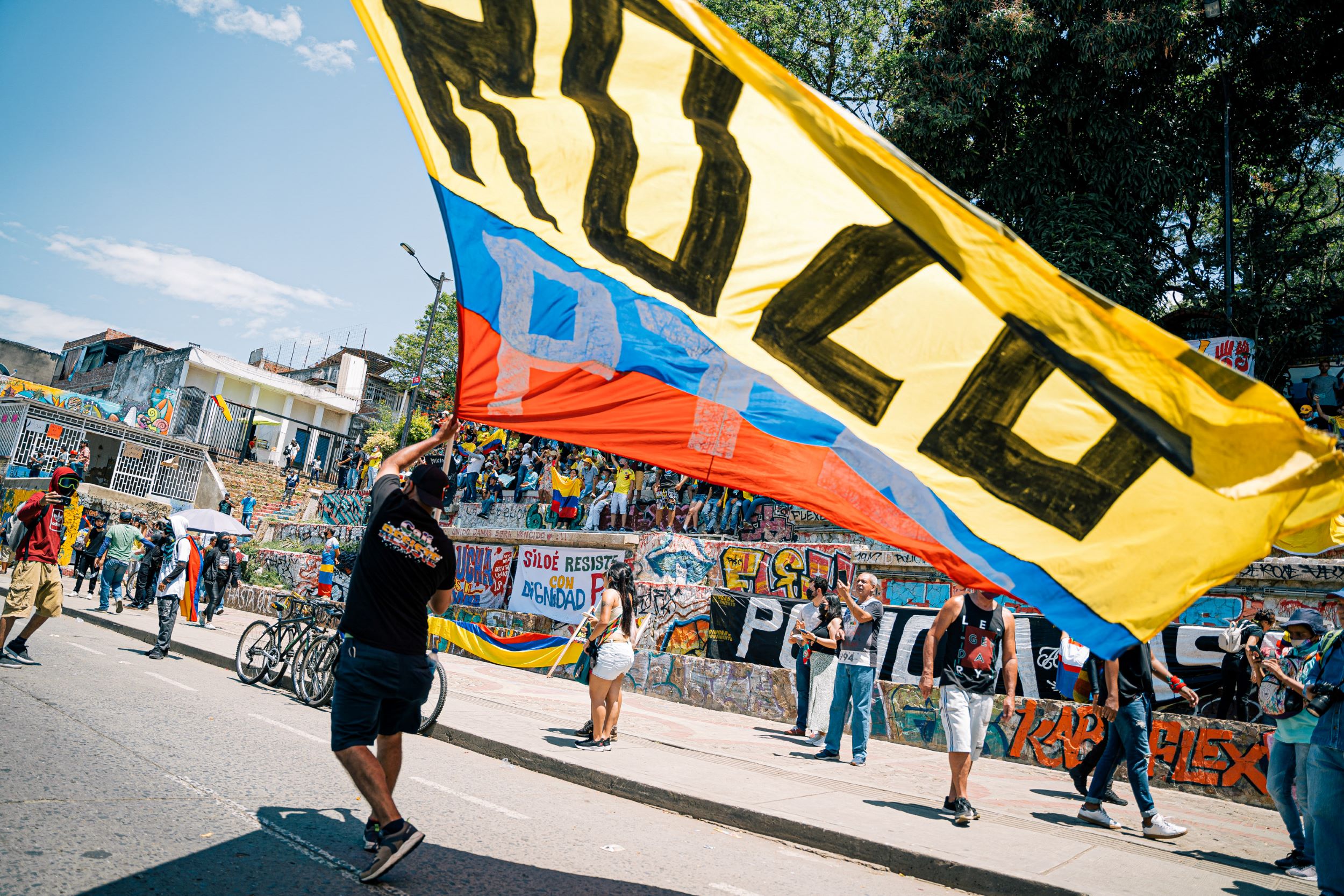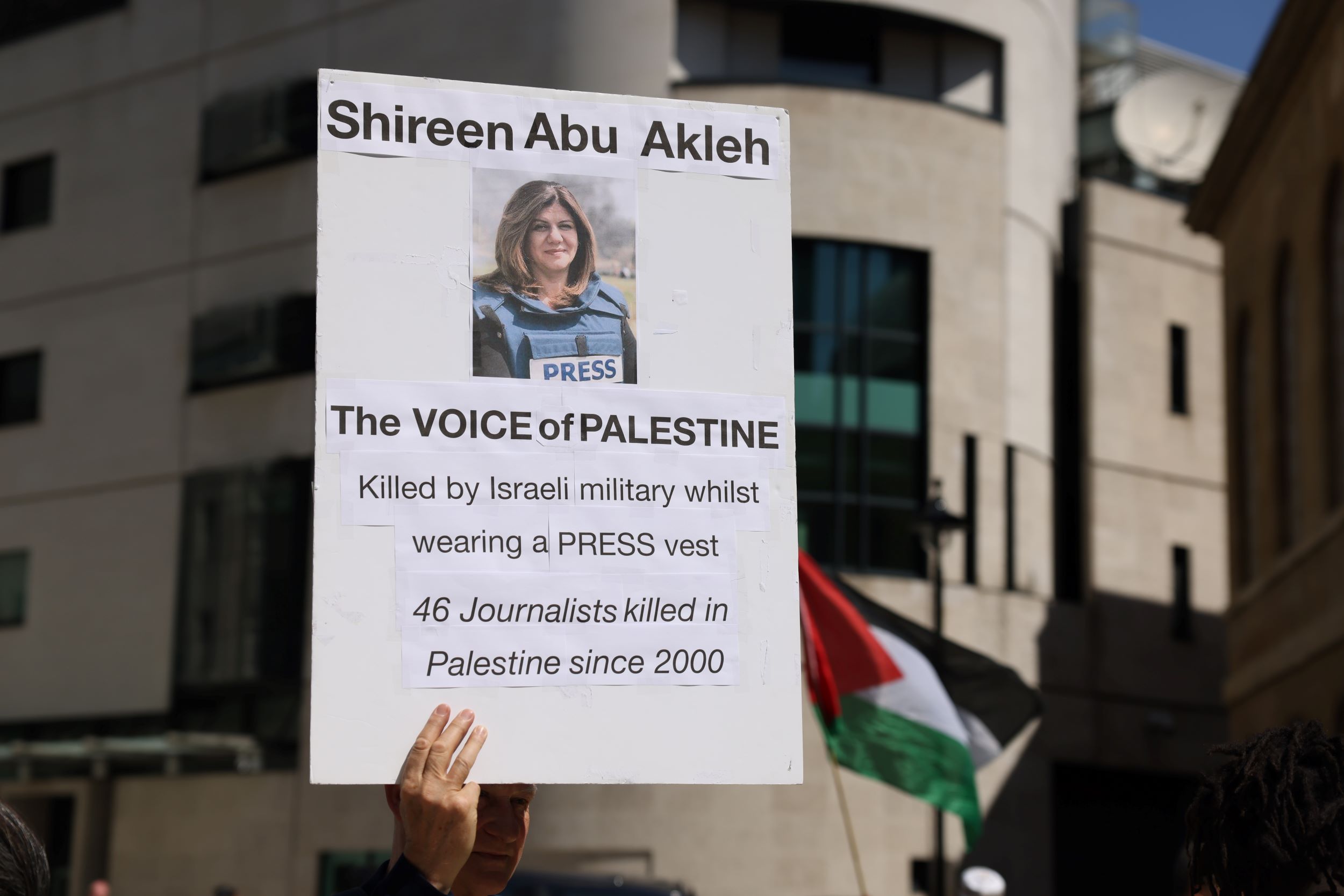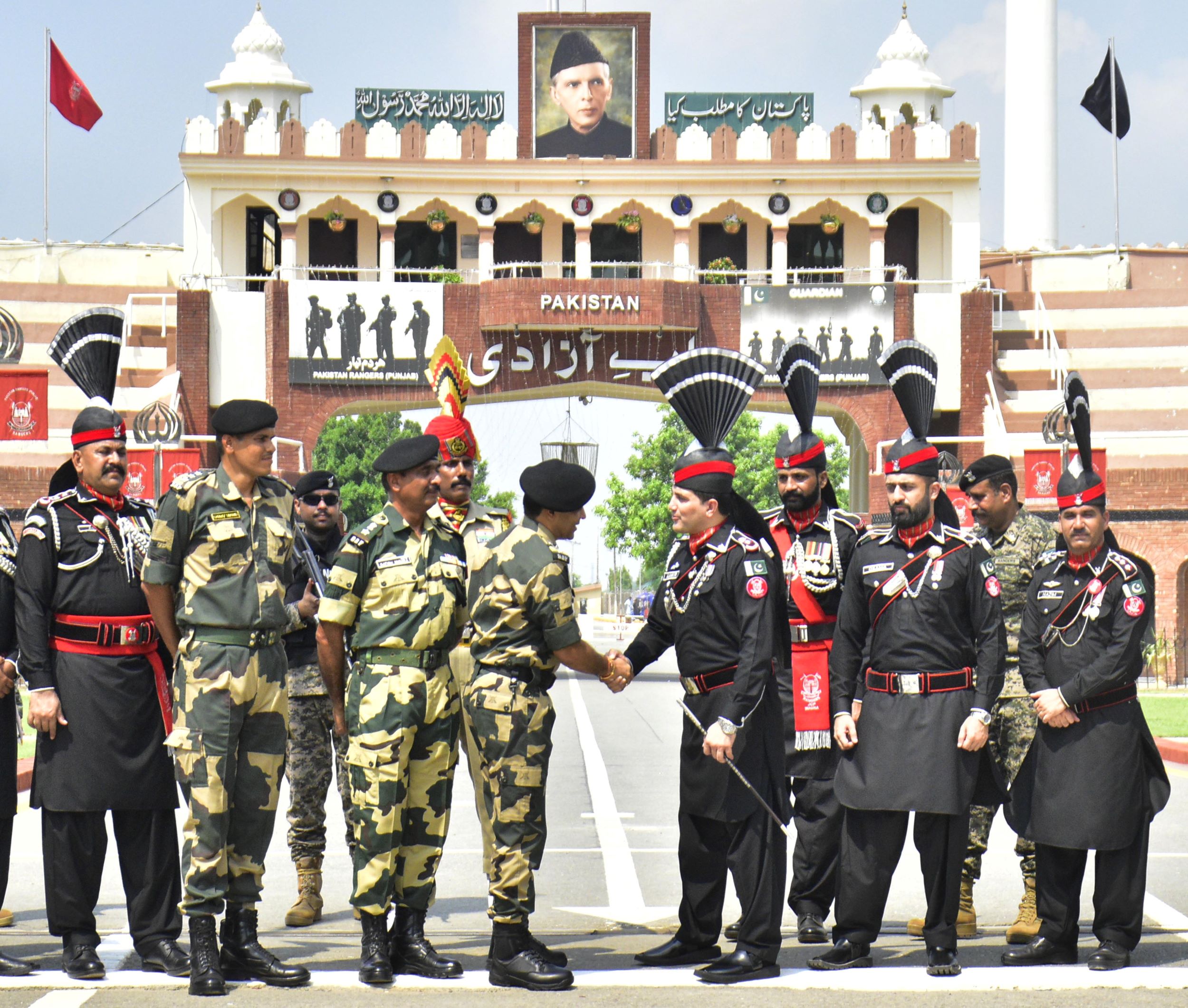طالما ارتبطت مذابح رواندا (1994) بإذاعة "الألف تلة"، إذ حولت بخطاب الكراهية العنصري الذي داومت على بثه، أبناء قبائل الهوتو إلى موتورين يحاولون استئصال أقلية التوتسي، فقتلوا قرابة مليون شخص في مئة يوم. لكن ما لا يعلمه الكثيرون أن هذه الإذاعة بدأت عملها ببث الأغاني الممتعة والبرامج المسلية الخفيفة لاستقطاب المستمعين.
مع اختلافات في التفاصيل تحمل قصة هذه الإذاعة تقاطعات كثيرة مع دور منصات التواصل الاجتماعي في الحرب الإثيوبية الأخيرة، التي تحولت، في مفارقة لافتة مع شعارها المرتبط بفتح فضاء التواصل بين الأشخاص، إلى منبر لنشر خطاب الكراهية والتحريض على العنف العرقي بأدوات أكثر تطوراً وتأثيراً ممّا فعلته "الألف تلة".
وفي هذا الإطار نُشر العديد من التقارير التي عالجت هذه "النقلة الدموية" في استخدام وسائل التواصل في إثيوبيا، ومن أبرزها ما فصّله تقرير نشره مختبر أبحاث الطب الشرعي الرقمي "DFRLab" التابع للمجلس الأطلنطي بالولايات المتحدة الأمريكية، بعنوان "حسابات وسائل التواصل الاجتماعي الإثيوبية المؤثرة تذكي نار الصراع على أسس عرقية"، في 17 ديسمبر/كانون الأول 2021.
الدماء على أيدي الجميع
التقرير أعدته الباحثتان في DFRLab، Tessa Knight المتخصصة في متابعة المعلومات المضللة في السياق الإفريقي، وBeth Alexion من برنامج المحترفين العالميين الشباب بالمركز، بالاعتماد على متابعة وتحليل الحسابات الإثيوبية على وسائل التواصل الاجتماعي (1).
تذكر الكاتبتان أنه بعد اندلاع حرب التيغراي "انتشرت على وسائل التواصل الاجتماعي دعوات إلى العنف ضد مجموعات عرقية معينة. تم استخدام كلمات مثل "إرهابي" و"قتلة" و"سرطان" و"أعشاب ضارة" لوصف أشخاص وجماعات من جميع أنحاء البلاد.
اللافت للانتباه في التقرير أن هذا النوع من الاستخدام التحريضي لم يقتصر على طرف واحد من أطراف الحرب الإثيوبية، حيث حدد التقرير حسابات متعددة على كل من تويتر وفيسبوك لكل منها أكثر من 5000 متابع، نشرت حديثاً خطاب الكراهية دون متابعة من الحكومة. بعض هذه الحسابات يديرها موظفون حكوميون أو مؤسسات موالية للحكومة.
وعلى سبيل المثال يورد التقرير منشوراً للناشط المؤيد للحكومة ديجني أسفا، الذي يضم حسابه على فيسبوك أكثر من 127000 متابع، وتحصد مشاركاته بانتظام آلاف الإعجابات ومئات المشاركات. ذكر ديجيني أواخر أكتوبر/تشرين الأول 2021، في منشور على فيسبوك أن "الحرب هي مع من نشأت معهم؛ مع جارك"، ودعا الناس إلى العمل ضد "الخونة" حتى ولو كانوا لا يريدون ممارسة الخيانة".
في هذا الإطار يضيف التقرير أمثلة تبين أن ديجيني ليس حالة منفردة في المعسكر الداعم للحكومة، متسائلاً عن الأسباب خلف عدم مقاضاة أصحاب هذه الحسابات بالنظر إلى أن الحكومة الإثيوبية أقرت في مارس/آذار 2020 قانوناً لمنع إعلان خطاب الكراهية والمعلومات المضللة، يقضي بتغريم المواطنين وسجنهم على ما يخالف القانون من منشورات على وسائل التواصل الاجتماعي، إذا كان الحساب يمتلك ما يزيد على 5000 متابع.
على الطرف الآخر من ميدان المعركة لم تكن الأمور أفضل حالاً، حيث أشار التقرير إلى "توثيق الخطاب العنيف من قبل قادة وأنصار الجبهة الشعبية لتحرير تيغراي".
ويمثّل التقرير بحساب الناطق باسم الجبهة المذكورة Getachew Reda على تويتر، حيث غرد في 12 نوفمبر/تشرين الثاني 2020 ببيان صحفي رسمي من حكومة تيغراي الإقليمية بشأن "جهات أجنبية شائنة". أشار البيان إلى أن حكومة رئيس الوزراء الإثيوبي أبي أحمد "طفيليّة ومفترسة“.
حرب أخرى خارج إثيوبيا
لم تقتصر المعارك الرقمية على أطراف الصراع الرئيسيين ومناصريهم داخل البلاد، حيث يذكر التقرير أنه اكتشف كميات كبيرة من خطاب الكراهية صادرة عن إثيوبيين في الشتات.
وفقاً للتقرير فإن شركة البث Zehabesha ومقرها مينيسوتا الأمريكية، لديها على الفيسبوك أكثر من مليون ونصف مليون متابع، نشرت صورة الشيطان بجانب علم التيغراي مع نص يدعو الجبهة الشعبية لتحرير تيغراي بالأسماء المهينة. وفي أوائل نوفمبر/تشرين الثاني نشرت الشركة ذاتها مقابلة بالفيديو مع زعيم مليشيات "فانو" الأمهرية دعا فيها إلى وضع جميع التيغراي في معسكرات الاعتقال.
وضمن مقاطع فيديو نشرتها ميكونين كبدا، وهي مواطنة أمريكية من أصل إثيوبي ذات صلات وثيقة بـ "فانو"، دعت إلى قتل التيغراي جميعاً. ورغم أن فيسبوك حذف المقطع بعد الإبلاغ عنه إلا أنه كان قد حصد 180 ألف متابعة.
الخوارزميات تميل إلى ترويج المحتوى المتطرف
حول مسؤولية هذه المنصات عن مكافحة خطاب الكراهية الإثيوبي، يوثق التقرير العديد من الحالات التي تم فيها حذف المنشورات بعد التواصل مع كل من فيسبوك وتويتر، كما يورد إجراءات اتخذتها شركة ميتا في الفترة الماضية، منها توسيع قدرتها على مراجعة المحتوى باللغات الأمهرية والأورومية والصومالية والتغرينية، وتطوير تقنية للتعرف تلقائياً على خطاب الكراهية والافتراءات العرقية، ممَّا أدى إلى إزالة أكثر من 92000 قطعة من المحتوى بين مايو/أيار وأكتوبر/تشرين الأول 2021.
غير أن ذلك لا يعكس كل الحقيقة، فوفقاً لتحقيق استقصائي مثير للانتباه كتبه كل من سيمون أليسون وصمويل جيبري وكلير ويلموت، ونشرته مجلة "African journalism" الصادرة عن موقع "The Continent” المتخصص في الشؤون الإفريقية، فإن الوثائق التي سربتها المديرة السابقة في قسم النزاهة المدنية بفيسبوك فرانسيس هوغان ترسم صورة لشركة "تدرك مدى الخطورة التي من الممكن أن تكون عليها منصتها، لكنها فشلت مراراً وتكراراً في اتخاذ إجراءات لجعلها أكثر أماناً، لا سيما خارج الولايات المتحدة".
يذكر التحقيق المعنون بــ "كيف يعمل فيسبوك على تأجيج النيران في إثيوبيا" بالاعتماد على الوثائق المسربة في سبتمبر/أيلول 2021، أن فريقاً من موظفي المنصة الأشهر عالمياً أوصى بحذف مجموعة من الحسابات تشكل عقداً رئيسية لشبكة مرتبطة بمليشيات "فانو" الأمهرية، تنسق "دعوات للعنف" و"تشجع النزاع المسلح، وجمع الأموال للميليشيا".
يضيف التحقيق المنشور في عدد المجلة الرابع والستين الصادر في 13 نوفمبر/تشرين الثاني 2021، أنه بعد أشهر من هذه التوصية ما تزال هذه الحسابات نشطة تنشر نفس الخطاب.
لتفسير ذلك، يعتمد التحقيق على وثائق هوغان التي بينت أن النقطة الأساسية التي يشير إليها العديد من التجارب الداخلية في الشركة هي أن "المحتوى التحريضي والمتطرف من المرجح أن ينتشر بشكل كبير، ممَّا ينتج عنه ما يسميه فيسبوك التفاعل الاجتماعي الهادف (MSI)، وهو مقياس لمدى الوصول والتأثير على فيسبوك (وهو أمر أساسي لكيفية كسب فيسبوك للمال). وقد تم تصميم معظم ميزات فيسبوك لتعظيم MSI، ممَّا يعني أن الخوارزمية تميل إلى الترويج للمحتوى المتطرف".
الأرباح مقدَّمة على الحلول
بالاطلاع على تحقيق كونتنت يتبادر إلى الذهن التساؤل عن معرفة فيسبوك بخطورة ما تنشره؟ وعما فعلته لتغيير هذا المسار؟ إجابة التساؤل الأول وفق الوثائق المسربة تكشف أن الشركة كانت مدركة لخطورة المحتوى الذي تروجه، في حين حمل جواب التساؤل الثاني العديد من المفاجآت!
تقترح هوغان أن الحد من انتشار خطاب العنف والكراهية ممكن من خلال إجراء تقني تصفه بأنه "حل سريع وشامل"، يقوم على تضييق انتشار المادة من خلال تعطيل زر المشاركة، ما يجعل المتابع يبذل بعض الجهد في النسخ واللصق، ووفق التجارب الداخلية في فيسبوك فإن هذا الحل يؤدي إلى "انخفاض فوري ومثير في انتشار الأخبار المزيفة وخطاب الكراهية".
فما المانع من استخدامه إذن؟! تكشف وثائق هوغان أن مارك زوكربيرغ في إيجاز مع فريق النزاهة المدنية الهادف إلى كبح التضليل في المعلومات والتهديدات الأخرى لأمن الانتخابات الأمريكية (2020)، وجّه موظفيه إلى عدم المضي قدماً في أي تغييرات "إذا كانت هناك مقايضة جوهرية مع تأثير MSI"، وهو ما يجعل موظفي الفريق، وفق وثيقة أخرى، يقضون شهوراً في البحث عن مخرج يضمن جانبي السلامة والربح، وهي "حلول لا تكاد توجد أبداً" تقول هوغان.
تحيزات الفيسبوك
يذكر التحقيق أن ثمة خياراً آخر متاحاً أمام فيسبوك لحل "المعضلة الإثيوبية"، بإضافة معالجة لكل مادة على حدة، وهو ما يستلزم زيادة هائلة في الموارد المادية والبشرية، حيث إن عدد الموظفين المتابعين للمحتوى باللغات الإثيوبية المعتمدة بالشبكة لا يتجاوز 100 شخص لمراقبة محتوى ما يزيد على 6 ملايين مستخدم.
وعدم اعتماد هذا الحل من قبل فيسبوك يكشف عن تحيزات مفرطة لإدارة المنصة، إذ يتم توجيه الغالبية العظمى من إنفاقها نحو الولايات المتحدة. يورد التحقيق أنه "وفقاً للسجلات المالية، في عام 2020، تم تخصيص 13٪ فقط من ميزانية الشركة لمكافحة المعلومات الزائفة في بلدان خارج الولايات المتحدة، على الرغم من أن هذه البلدان تمثل 90٪ من قاعدة مستخدمي فيسبوك".
وجه آخر للتحيزات تكشف عنه وثيقة مسربة أخرى تظهر أنه رغم تصنيف الشبكة لإثيوبيا، اعتباراً من ديسمبر/كانون الأول 2020، على أنها تتصف بأضعف مستوى من الحماية وفق معاييرها، "فإن ميزات الأمان الأساسية المتوفرة للجماهير الأمريكية والغربية ليست متاحة للعديد من المستخدمين الإثيوبيين، الذين لا يتمتعون بأي حماية ضد المعلومات المضللة والتحرش المدني والبريد الإلكتروني العشوائي والحسابات المزيفة".
رغم أن نسبة مستخدمي شبكات التواصل لا تتجاوز 10% من سكان إثيوبيا، تبدو الحرب الإثيوبية الدموية مخبراً هاماً لدراسة سلوك المستخدمين ومنصات التواصل على حد سواء، ولا سيما أن التوترات العرقية وغيوم الحرب تحيط ببلدان أكثر سكاناً وأكثر وصولاً إلى شبكات التواصل بدءاً من الهند والباكستان وليس انتهاء بروسيا وكرواتيا.
المراجع:
https://media.mg.co.za/wp-media/2021/11/b88ba361-thecontinentissue64.pdf







